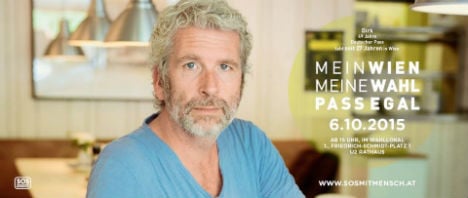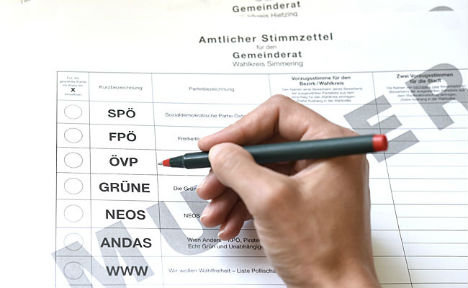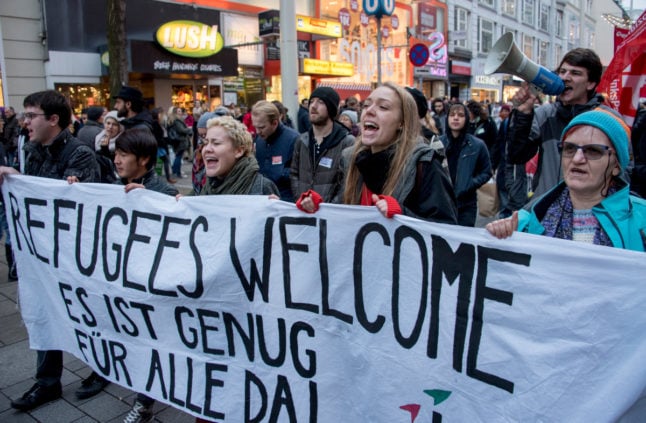A quarter of the Vienna population doesn’t have Austrian citizenship and therefore can’t vote in the election – which is seen as a duel between the ruling Social Democrats (SPÖ) and the far-right Freedom Party (FPÖ) which has been gaining steadily in the polls since the spring, thanks in part to the refugee crisis.
Vienna residents who are not Austrian but are citizens of an EU country are allowed to cast a vote for their district councillor, but not for city council elections. People from non-EU countries can’t vote at all.
SOS Mitmensch will set up an alternative polling station on Friedrich-Schmidt-Platz (next to the U2 Rathaus U-bahn station) in the 1st district, which will be open from 3pm until 8pm.
Any non-Austrian resident who is over the age of 16 and brings along ID will be able to cast a symbolic vote – which will be counted at the end of the day. The organisers say the event “should send a signal that we are against being excluded from the democratic process”.
The ‘Pass Egal Wahl’ campaign is supported by ORF presenter Dirk Stermann, who is German and has lived in Vienna for 27 years.
Musicians Daniel Serrano, Paulo Bitencourt, Franziska Abgottspon and Ernst Tiefenthaler will be performing at Tuesday's symbolic voting event.




 Please whitelist us to continue reading.
Please whitelist us to continue reading.